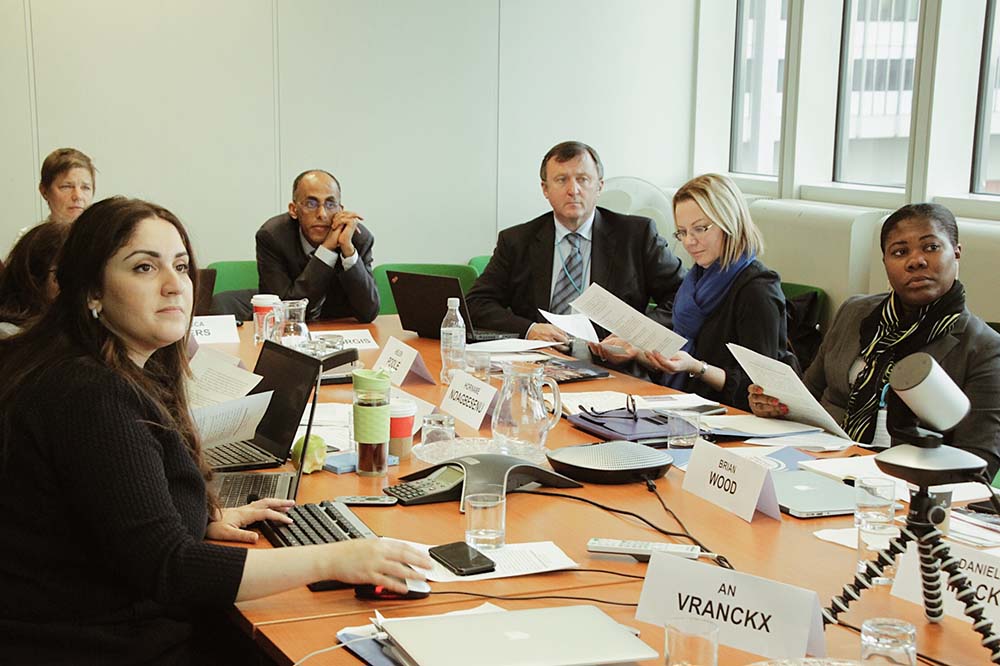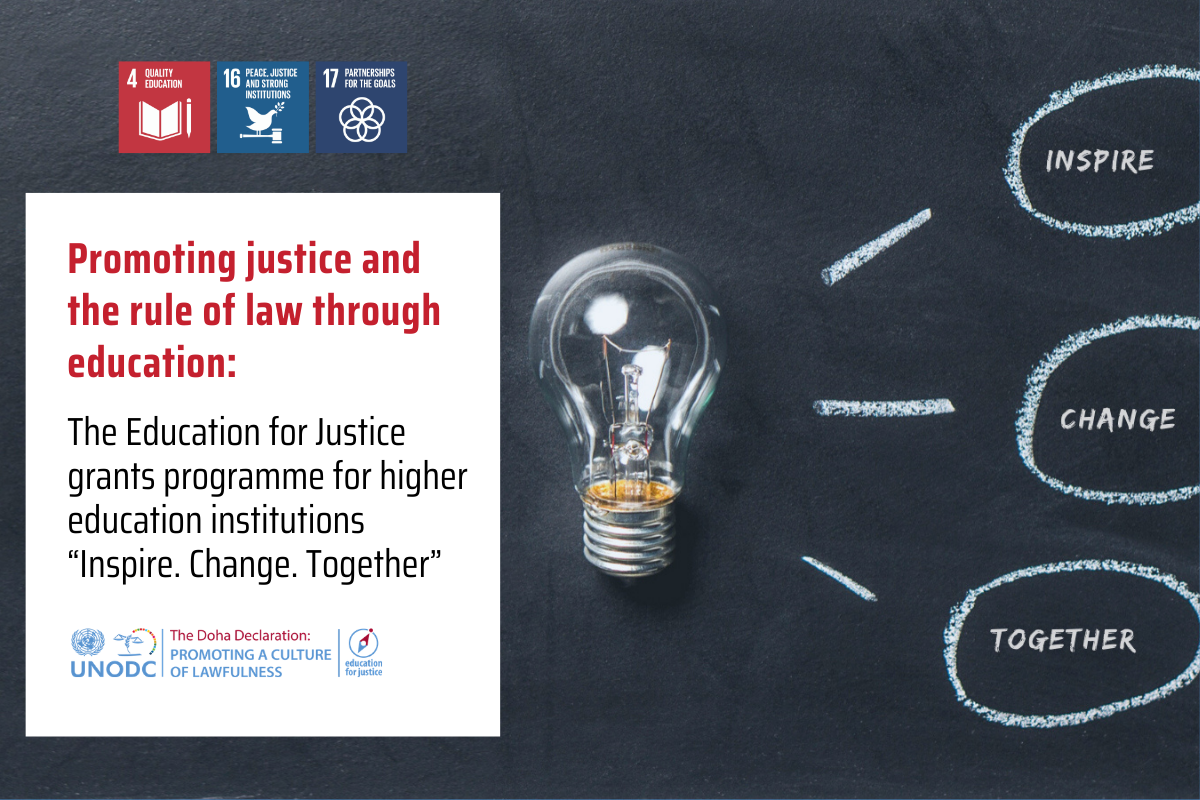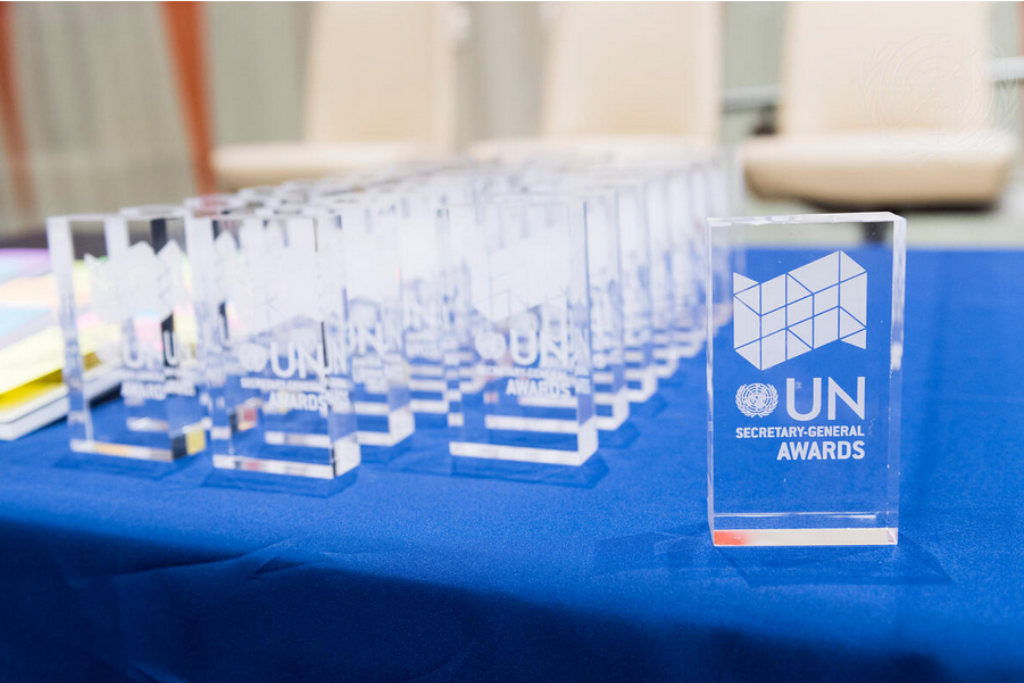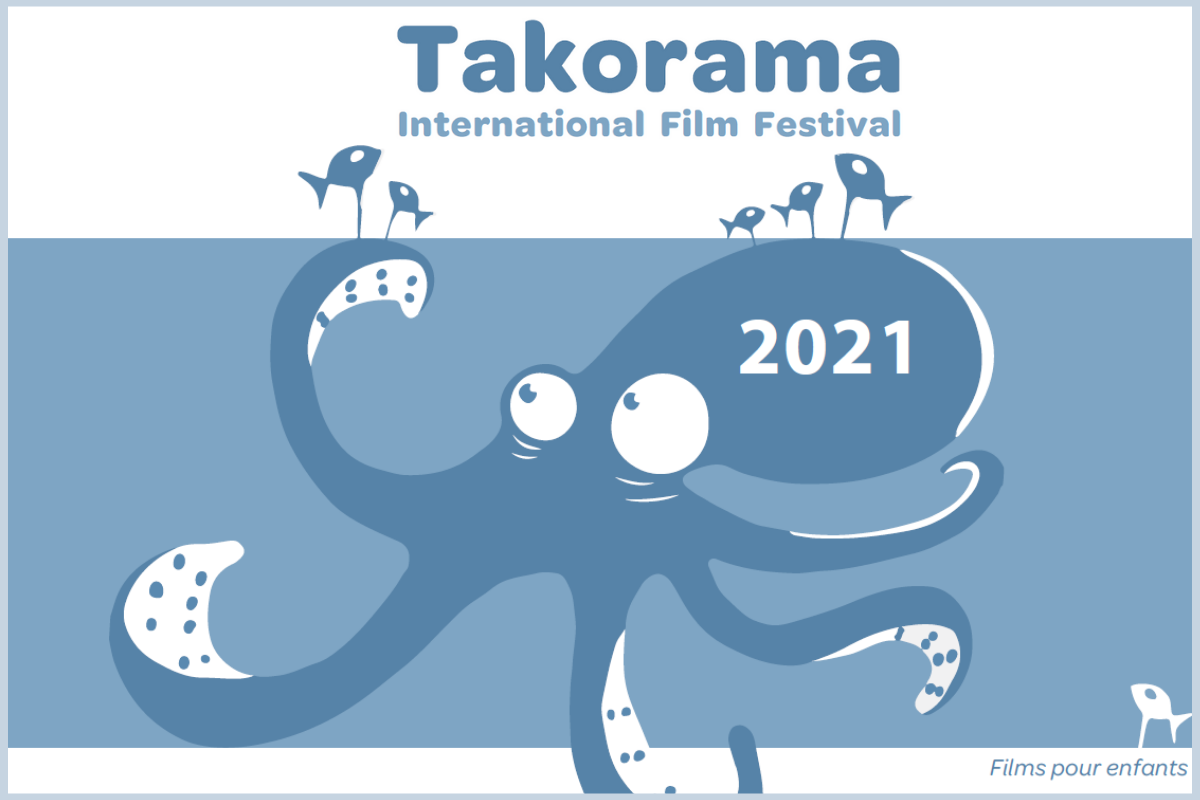Boosting academia to teach on global justice issues

14 March 2017 - In using education to promote a culture of lawfulness, UNODC's 'Education for Justice' (E4J) initiative - part of the wider Doha Declaration Global Programme and linked to the Sustainable Development Goals (SDGs), specifically SDG 4 - held its latest Expert Group Meeting from 8-9 March. Focussing on tertiary education - and following the hosting of primary and secondary-level educators and experts in February - the meeting brought together over 80 key academics from around the globe to draw on their expertise in teaching on crime prevention, criminal justice and the rule of law.
The meeting - held at the UN's offices in Vienna - generated a set of practical recommendations to support stronger teaching in the fields of corruption, organized crime, trafficking in persons, smuggling of migrants, terrorism, cybercrime, crime prevention and criminal justice and firearms trafficking, as well as on integrity and ethics. It examined the development of tools and resources needed by academia to promote education in these areas, exchanged ideas based on experience and good practices, and suggested ways to build a network of academics to take part in the E4J initiative. The recommendations will ultimately form the basis of the E4J activities until 2020.
Looking ahead, E4J will focus on engaging as many universities and academics as possible in order to strengthen the academic backbone of UNODC's work. Noting this at the opening of the meeting, Dimitri Vlassis, Chief of UNODC's Corruption and Economic Crime Branch, explained that the university level component of E4J will provide support to academics interested in teaching in these areas and that, over the course of the next few years, it will develop materials - principally 'teaching modules' and associated activities and pedagogical tools - which academics can adapt and integrate into their courses. Ultimately, he said, E4J will make it easier for a larger number of universities to offer courses on the core UNODC-mandated areas: crime prevention, criminal justice and the rule of law.
Additional information


